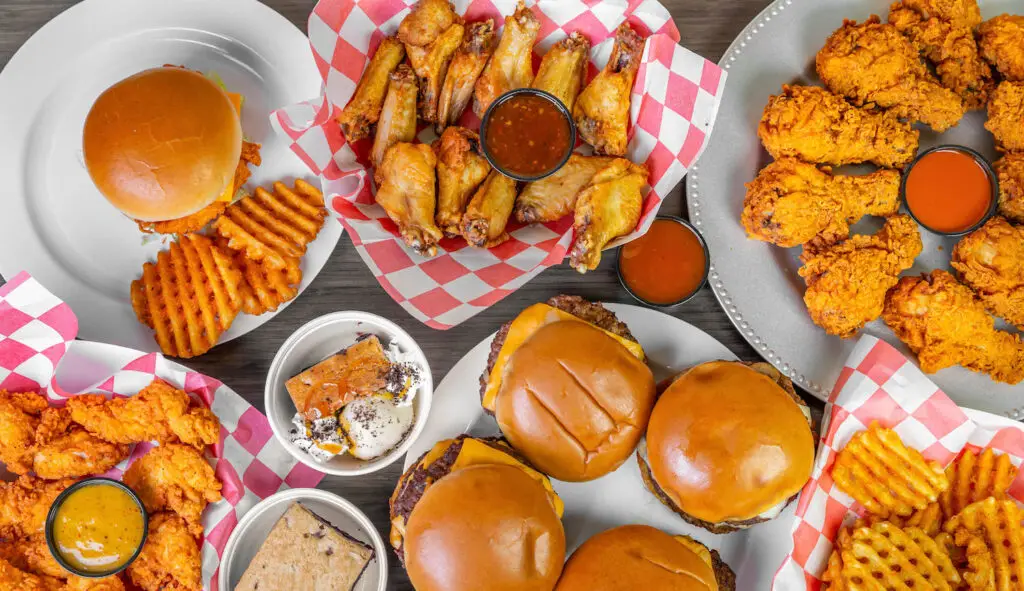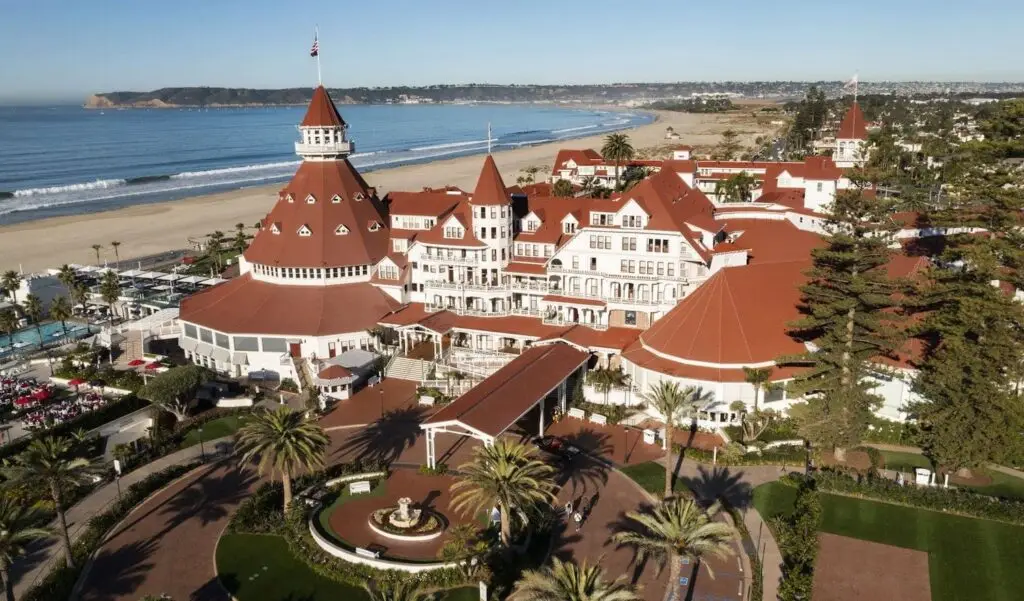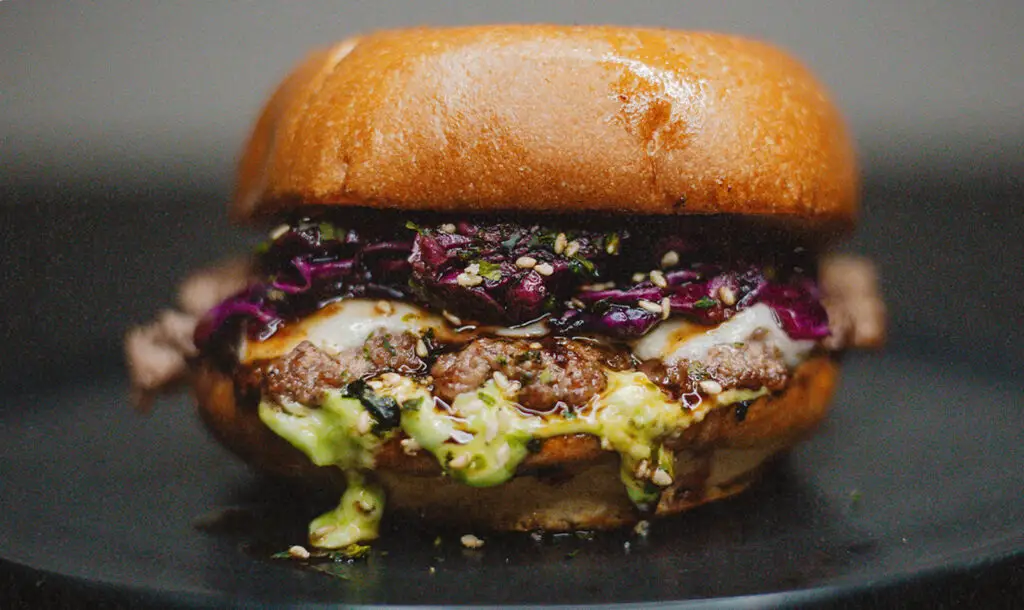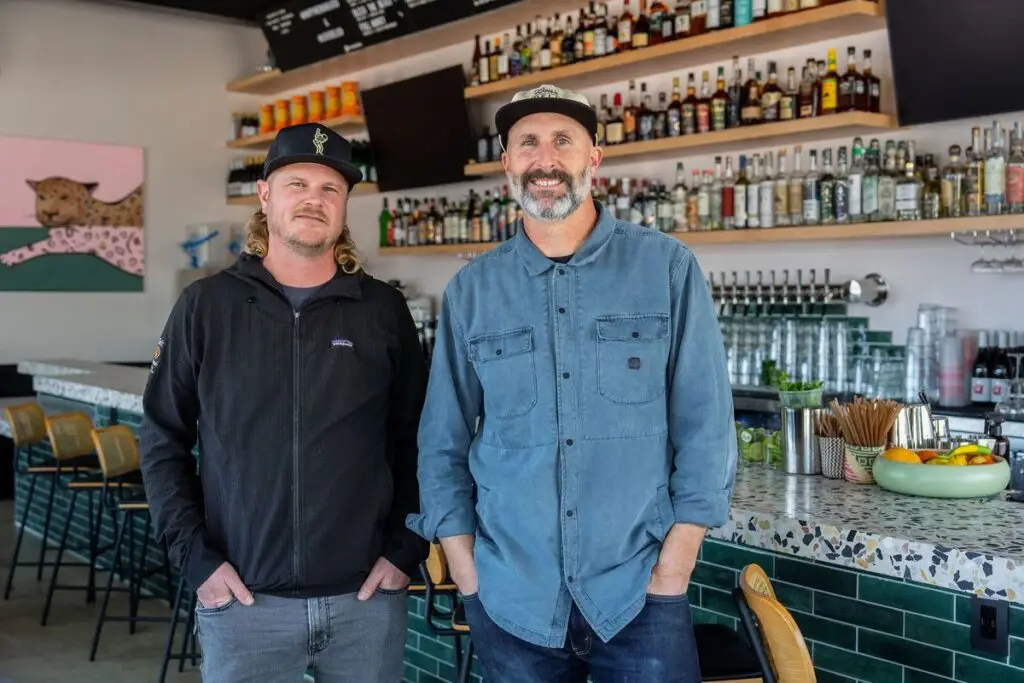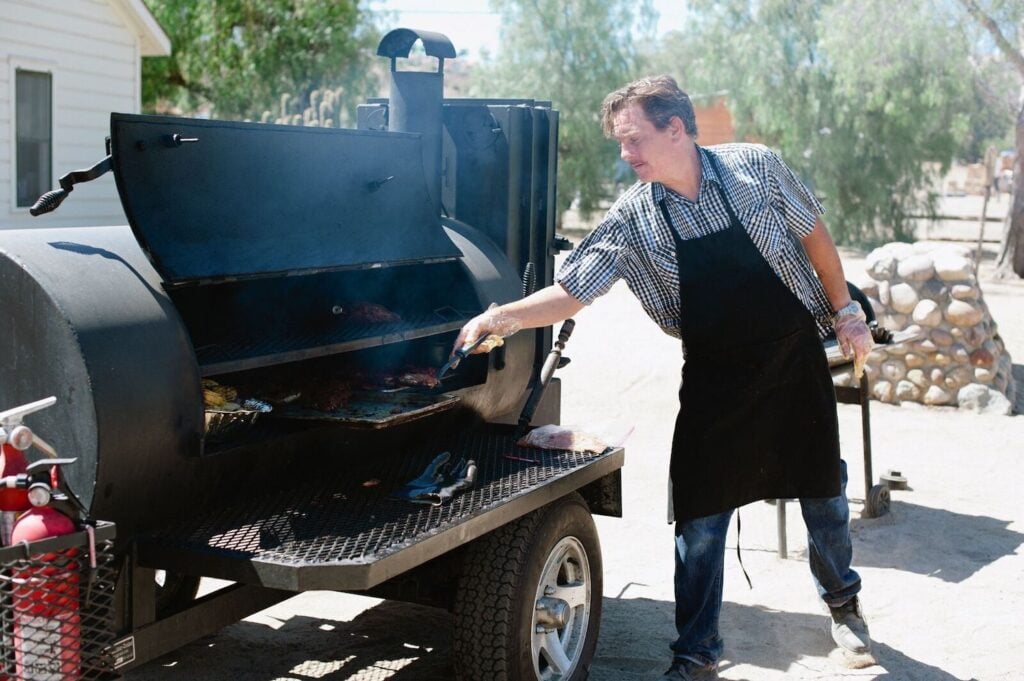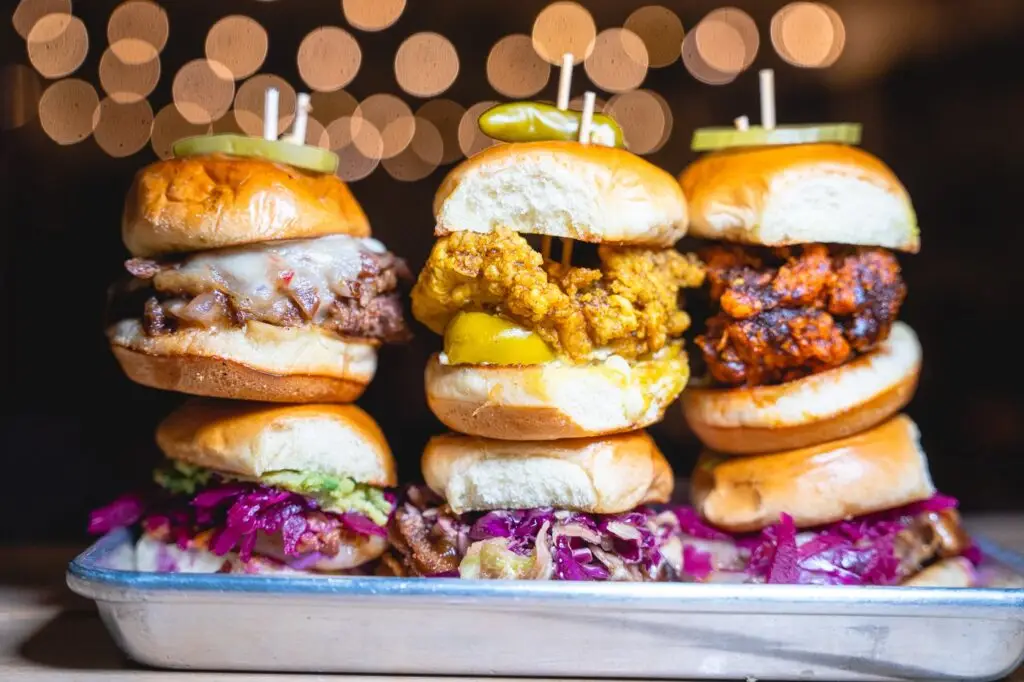“They’re poaching people,” explains Dario Gallo, owner of Civico 1845 and Civico by the Park, disbelief in his voice. “Last week I almost lost all of my staff, because a new restaurant tried to poach all of my workers in the kitchen, saying, ‘I’ll give you two dollars more if you come today, don’t give two weeks’ notice.’”
It is a free market. Nothing wrong with paying more than your competition. Scream that on your social media and Craigslist. But to send one of your employees into a neighboring restaurant—in the middle of a dinner service—to convince their staff to quit on the spot? Well, that’s a shady byproduct of the new reality for restaurants: The employees are gone.
Restaurants are finally able to reopen the bulk of their operations now that the county’s moved down to Tier 3. Cooped up for a full year, Americans are desperate for drinks at a proper bar, meals eaten in a room that’s not their own, to bask in the public noise of humans. But restaurants have to turn them away. Despite being in desperate need of the economic windfall of that pent-up patronage, there simply isn’t enough staff to fully open. The talent pool is dry, especially for workers who don’t make tips (cooks, dishwashers).
“It’s our new, momentary nightmare,” says Gallo. “Especially right now, coming off such a tough year. It’s such a paradox that we don’t have workers.”
In Carlsbad, Campfire is currently open seven days a week for dinner. Owner John Resnick would love to open for lunch during the weekdays, “but for now,” he says, “we’re not opening during the day because we don’t want guests looking at an empty dining room and wondering why we can’t serve them.”
“Pre-pandemic, hiring cooks with the experience, skill, and drive to work in our kitchens was a real struggle,” says Arturo Kassel, owner of Whisknladle Hospitality (Catania, Park Commons, Gravity Heights). “Now, we can’t find enough trainable warm bodies to reopen Catania for lunch. Thinking about hiring for the eventual reopening of Park Commons or any future project requires a Xanax. I would’ve bet you a year ago that the easing of the labor market would be one of the few silver linings. Just goes to show how little I know.”
There are a few reasons for this. First, it wasn’t a few restaurants that had to furlough workers. It was nearly all of them. So every restaurant is trying to fill not just one or two open positions, but 5, 10, 50—the entire staff. It’s essentially the largest job fair the industry has ever seen.
An industry insider was blunt about another, uncomfortable reason for the shortage. He says the stimulus packages and extension of unemployment benefits until September have made it more profitable for lower-paid employees (which, in the restaurant industry, are usually cooks, dishwashers, and bussers—positions not traditionally part of the tip pool) to opt out of the job market for a while longer.
“It’s definitely an employee market,” adds Resnick.
“If you go on Indeed or Craigslist,” says Gallo, “you see job postings for bussers starting at $19, whereas before they were making minimum plus tips. You see cooks who were being paid $16/$17, now there are offers at $21. It’s creating inflation in the labor market for all restaurants.”
Chef Brad Wise (Fort Oak, Trust, Cardellino, Wise Ox) relayed this story: A potential line cook texted him to say their initial offer was nice, but the person would prefer a few more dollars an hour, plus tips. He also informed Wise the exact times he’d be taking his breaks during his shifts—if he were to be hired. Wise already pays fair-to-above market value for line cooks, plus tips and insurance. In a normal market, Wise may just move on to another candidate. But he understands where the cook is coming from, and the alarmingly short supply.
So how are some restaurants able to pay so much more? The answer, in short, is PPP money. Most restaurateurs I talk to say in no uncertain terms: $21/hour for a line cook is absolutely unsustainable. But the restaurant that tried to poach Gallo’s kitchen staff can use the government pandemic loans to pay far above a sustainable market price. They attract employees, survive the shortage. Then, when the PPP money runs out, they can simply tell those employees that business has slowed and they have to cut their pay, or let them go. In doing so, they’re creating a bubble in the market.
The “heart of the house”—cooks, dishwashers, bussers, employees who don’t get tips, or barely any tips—have never had so much power. Maybe this is a reckoning for the industry. There has long been an economic divide between the heart of the house and the high-earning front of the house (servers, bartenders). Many operators were trying to remedy this long before the pandemic (Resnick’s cooks get tips plus insurance), but it’s not easy. Tell a server or a bartender that all tips will be shared equally, and that server or bartender often jumps ship to a restaurant still adhering to the old, inequitable model.
The final reason for the employee shortage is the pandemic’s unique ability to snap life into perspective. Although some restaurant employees are lifelong professionals, most are transitory—waiting tables on the way to other career goals. The threat of the end of the world as we know it tends to make people take that risk, make that leap.
“Not everyone we hire is here for life,” says Resnick. “This past year accelerated the departure of folks who would’ve left anyway. They’re going to work as electricians or photographers. The pandemic nudged them in directions they were already considering—and so the general pool of potential employees has shrunk. We’re not going to just throw money at the problem. For one, it may not be sustainable and we don’t want to do that to our employees. But also we don’t want folks who will only come here for a dollar more. We spend a lot of time and money creating a culture where people want to work—so we want the people who specifically want to work here.”
Chef-operator Brian Malarkey (Animae, Herb & Wood, etc.) agrees: “The employees are harder to find, but it’s going to help us find the ones who really want to be a chef, who really have a passion to do this as a career.”
As for Gallo, he talked to his staff, whom he does his best to treat like family. He understands the shortage, and the potential—short-lived or not—for his cooks to make more money on the open market. He gave them a raise he could afford (they already receive tips). He had to raise menu prices a bit to afford the pay hike, but he says Civico’s prices had been under-market for years anyway. Then he went to see the owner who tried to poach his staff, to suggest alternative methods of recruitment.
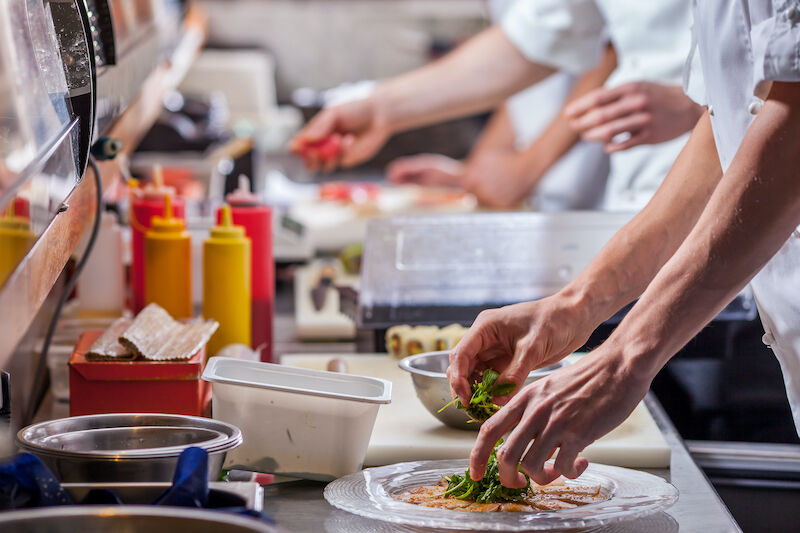
Restaurant Staff
